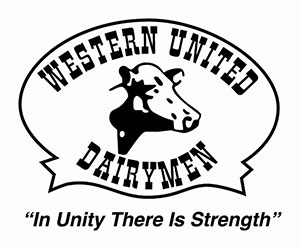Understanding AB 5
AB 5 Independent Contractor Compliance:
Western United Dairies is Here to Help
WUD is now offering its members a discount for pooled resources aimed at assisting dairy families in transitioning their business to compliance with AB 5 promptly.
What’s the Issue? AB 5 was signed on September 18th, 2019 and clarified the rules surrounding independent contractors in California by codifying the “ABC Test” for compliance. Under AB 5, a contractor is presumed to be an employee of the contracting employer unless the employer can demonstrate that the worker meets all the three elements of the “ABC Test.” This affects owner operator truck drivers directly. In the dairy industry, many service providers such as independent breeders, hoof trimmers, and similar occupations may be affected.
The law becomes effective January 1, 2020.
Fortunately, there is another layer to AB 5 for relationships that fail the “ABC test.” There is a business to business exemption that creates the opportunity to preserve many historically independent business relationships.
What’s the Solution? The solutions include creating a business-to-business contract via a LLC or an LLP, or corporation, including a business license if necessary. For more information on the parameters around creating a business to business contract, please take a look at page 3. WUD will now offer the formations of these contracts at an extreme discount as part of WUD membership.
There will be many variations to compliance. But there are solutions, except for those relationships that are truly exclusive, which will have to become employment relationships. For consultation on specific circumstances, please contact Western United Dairies.












